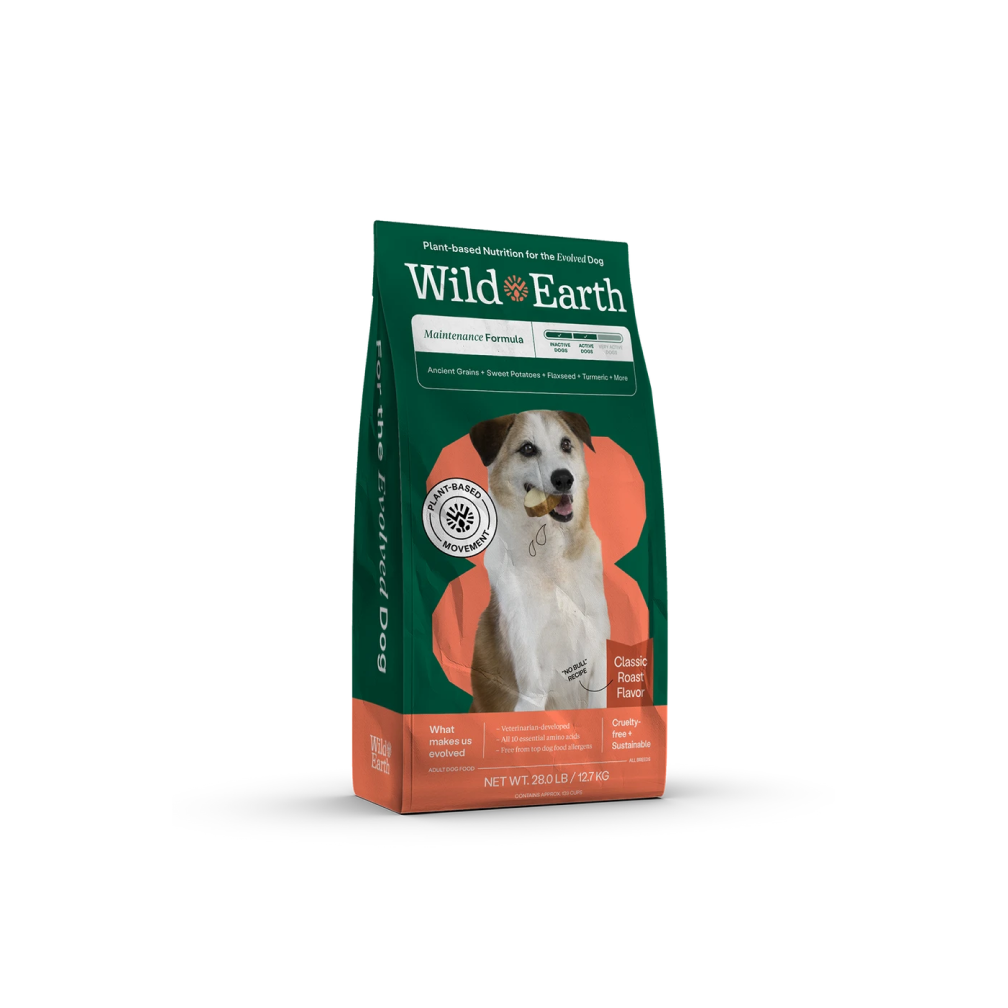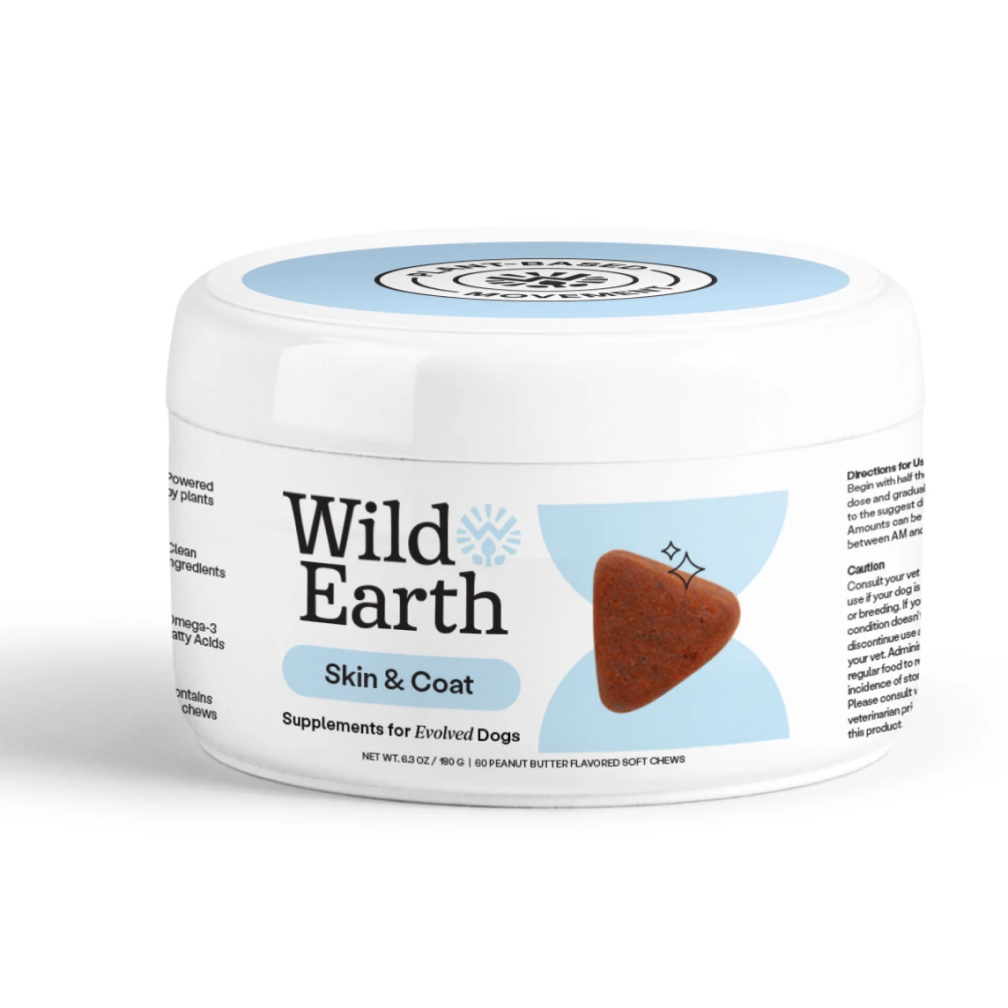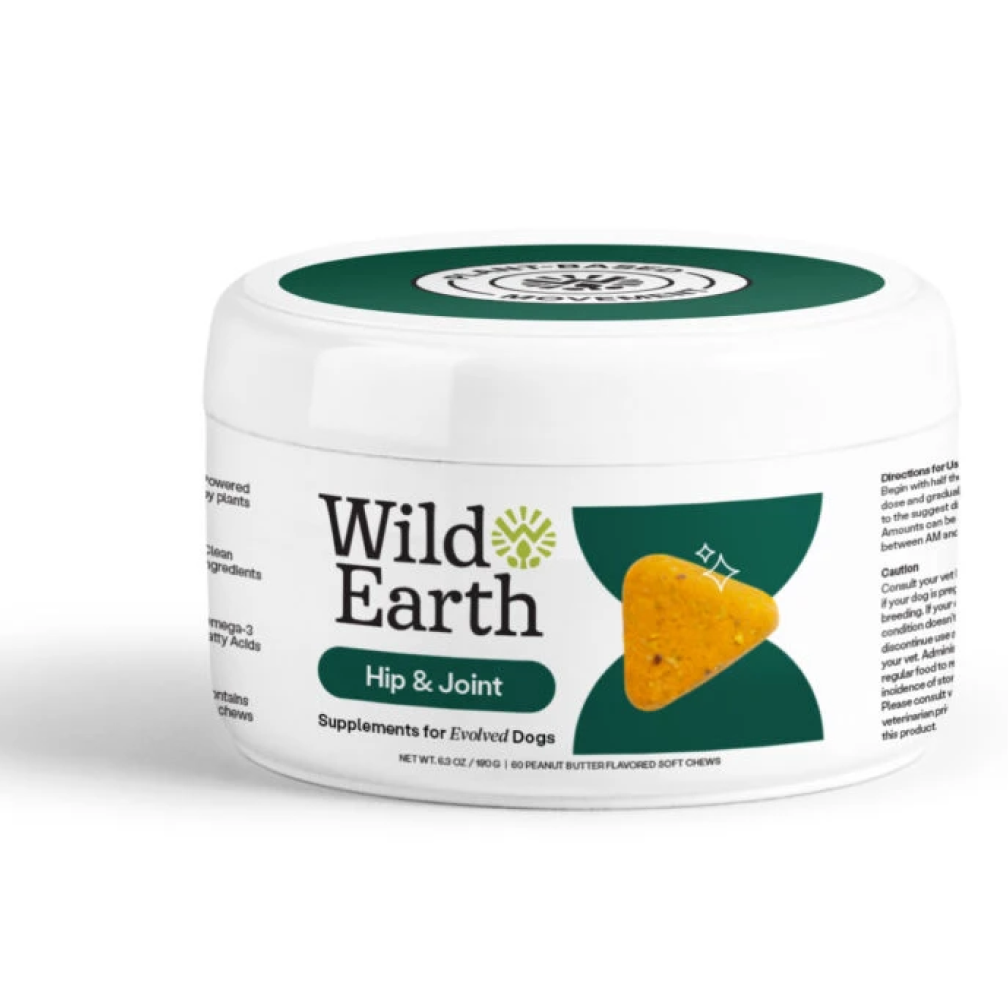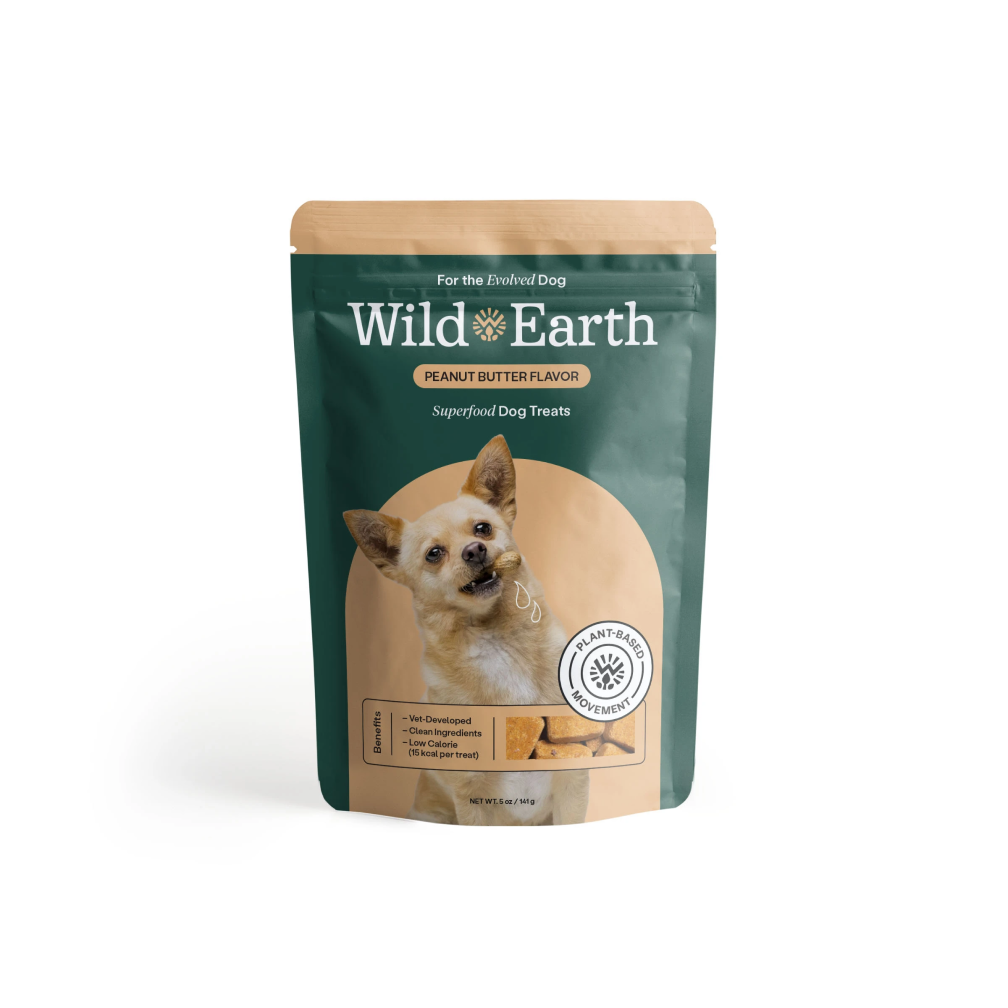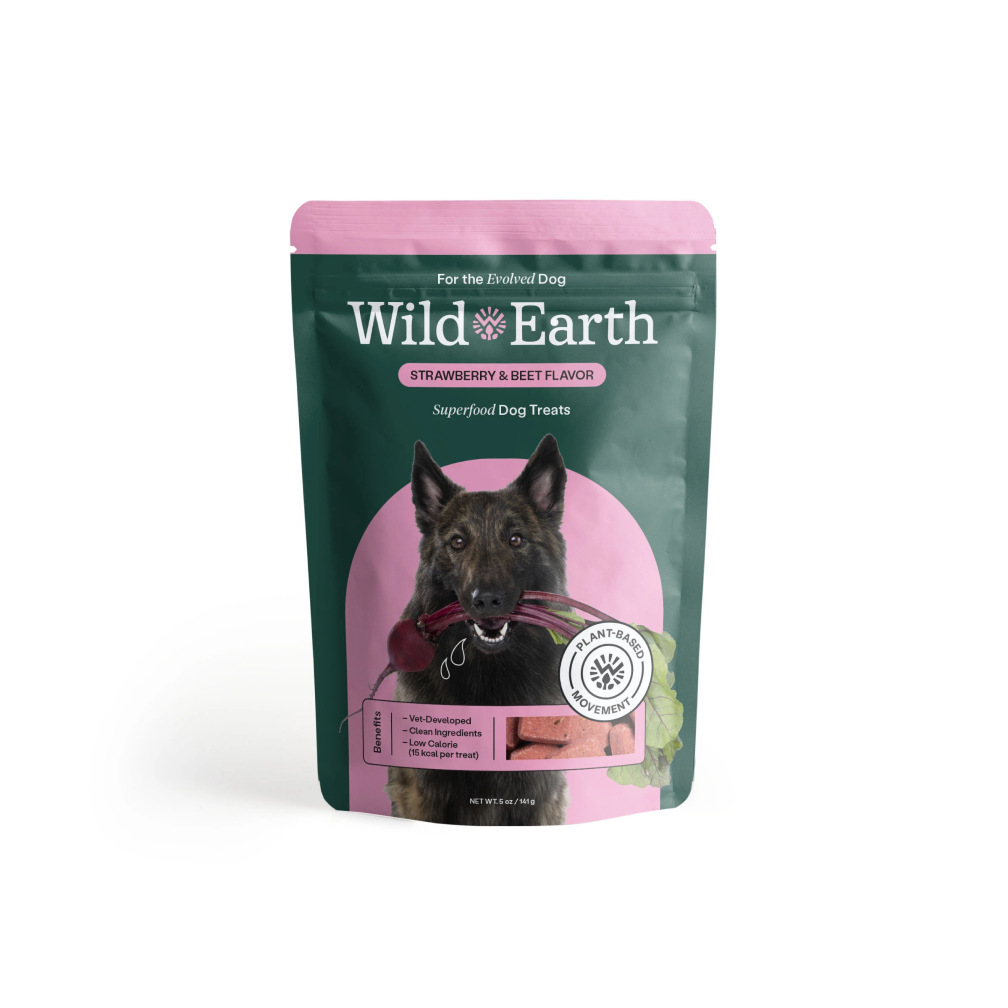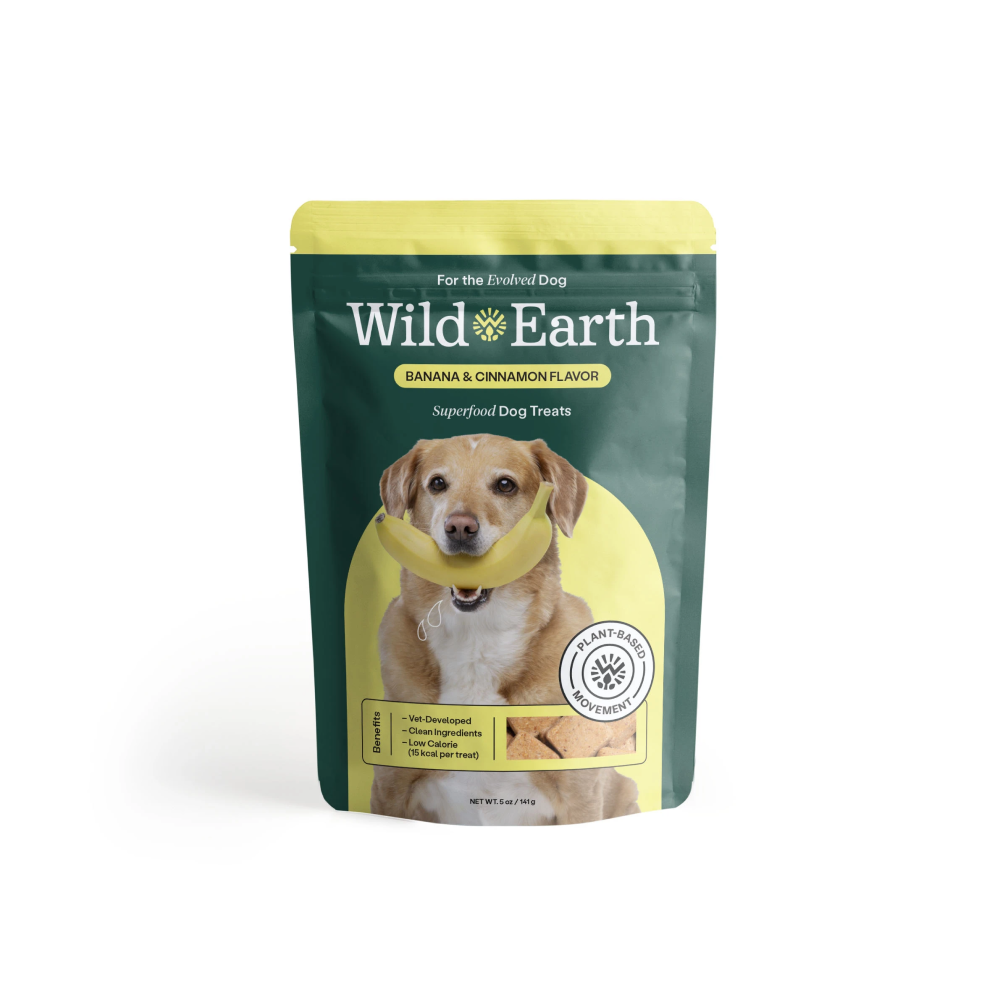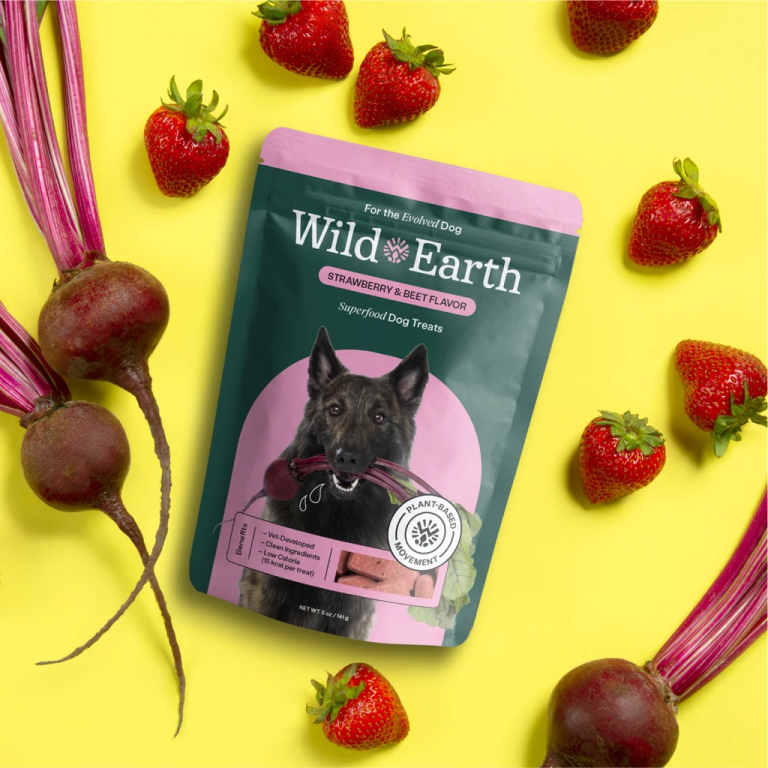Apple cider vinegar has been used for centuries to help with a variety of ailments. In recent years, apple cider vinegar has become popular as a natural remedy for dogs who suffer from arthritis or urinary tract infections. Apple cider vinegar also is said to have anti-inflammatory properties and may help prevent specific types of diseases in some cases. This article discusses the potential benefits apple cider vinegar can provide your dog and the risks associated with feeding apple cider vinegar to your dog.
What is Apple Cider Vinegar?
Apple cider vinegar or ACV is a liquid made by fermenting apple juice and sugar, typically with the help of yeast. It has been used for thousands of years as an all-natural remedy to aid digestion, curb appetite, boost immunity, detoxify the body and relieve headaches among other health benefits. When apple cider vinegar comes into contact with proteins in your stomach it creates acetic acid which then kills bad bacteria or pathogens.
Apple cider vinegar has also been used in the past for household cleaning and apple cider was even once a popular soft drink. Nowadays, apple cider vinegar is most commonly consumed as a health beverage or ingredient in salad dressings and dips. It has no known toxicity level but if taken in large doses apple cider vinegar can cause nausea, vomiting, and diarrhea which are all symptoms of ingesting too much acetic acid.
Apple Cider Vinegar may help to stimulate weight loss by suppressing appetite due to its high levels of acetic acid that discourage bacteria from forming leading to low stomach pH levels which stimulate the production of ghrelin (a hormone responsible for making us feel hungry). It may also regulate blood sugar levels by breaking down the sugar within apple cider vinegar which in turn helps to regulate blood glucose levels.
Apple cider vinegar not only helps dogs’ digestive tract but also may have antibacterial properties that can protect against disease-causing microorganisms such as E Coli and salmonella."
Benefits of Feeding Apple Cider Vinegar to Dogs
Apple cider vinegar has a lot of health benefits for your dog. It will help with digestion and can be used in homemade treats, supplements, or food recipes. Apple Cider Vinegar for dogs is also known as an anti-fungal agent that fights the bad bacteria on their skin and in their gut. Apple cider vinegar is also good for arthritis pain relief. Apple Cider Vinegar for dogs is also a natural flea repellent. It can be rubbed onto your dog's skin to keep them from getting bitten by pesky bugs.
Dogs who are apple cider vinegar drinkers have shown having shinier coats, whiter teeth, and stronger nails with less shedding when compared to other pet owners' pets that didn't drink apple cider vinegar. It may help prevent ear infections in dogs due to its antibacterial properties which destroy the bad bacteria that causes these nasty problems.
The apple cider vinegar has a lot of benefits for your dog! Drinking apple cider vinegar will provide many health benefits such as shiny coats, whiter teeth, and strong nail growth without an excessive amount of shedding. It may also help prevent ear infections by destroying the bad bacteria in their ears and relieve a dog's allergies, which reduces redness and itchiness on your pet's skin. It is recommended that you speak with your veterinarian prior to giving your dog any new type of food or supplement.
Risk of Feeding Apple Cider Vinegar to Dogs
Some apple cider vinegar contains high levels of potassium, which can be troublesome for dogs that have a history of kidney issues.
It is also important to note that the type and amount of apple cider vinegar your dog consumes may vary depending on their size as well as how much they drink each day.
If you want to give apple cider vinegar to your dog, you must consult with a veterinarian first and ask specifically about the type of apple cider vinegar. They will be able to tell you if it is safe for your pup or not.
The apple cider vinegar that is safe for your pup can vary depending on their size as well as how much they drink each day. Consult with a veterinarian first and ask specifically about the type of apple cider vinegar before you give it to them. It's imperative to know whether or not apple cider vinegar is good for your dog.
Ways to Give Your Dog ACV Without Them Knowing It's In Their Food
Apple cider vinegar can be given directly to your dog by adding it to their food. This is the most direct way of giving apple cider vinegar to a dog, but maybe difficult if you have an apple-cider vinegar sensitive or allergic pet. ACV in water and apple cider sweetened treats are also options for disguising apple cider vinegar from the taste buds of a picky animal.
You could also mix several teaspoons of ACV with honey as they will coat the tongue and prevent any acidity from being tasted while still providing all of apple cider's benefits to your furry friend! You'll need about one teaspoon per cup (240ml)of liquid so this recipe would make enough for four cups (960ml) of apple cider vinegar and honey.
Pour the apple cider-sweetened, diluted apple cider vintage into a container with an airtight lid or cover it in plastic wrap before cooling it down for storage in your fridge. You could also freeze apple-cider vinegar-sweetened water as well!
The best time to give apple cider vinegar to pets is at night because they will be less likely to stop eating after tasting ACV's sour taste if their stomachs are empty.
When Not To Feed ACV To Your Dog
The apple cider vinegar is not intended to be fed as a regular meal. If your dog suffers from any kind of food intolerance, allergy, or another stomach issue, apple cider vinegar may cause these issues to become worse. This means that apple juice should never replace the main meals in an animal's diet and apple juice should only be used occasionally if you want your pet to enjoy it without risk of side effects!
If you decide to feed ACV on top of their regular meals do this with caution. Small amounts like one teaspoon per day are generally safe, but overfeeding can quickly lead to digestive upset (e.g., diarrhea) and malnutrition due to reduced nutrient absorption in the stomach.
If your dog has any underlying issues, apple cider vinegar may make them worse by adding a level of acidity to their digestive system that they weren't prepared for. If you have a pup with food allergies or other conditions where apple juice can be detrimental, avoid feeding apple cider vinegar altogether unless advised otherwise by a veterinarian.
Related Dog Nutrient Articles:









